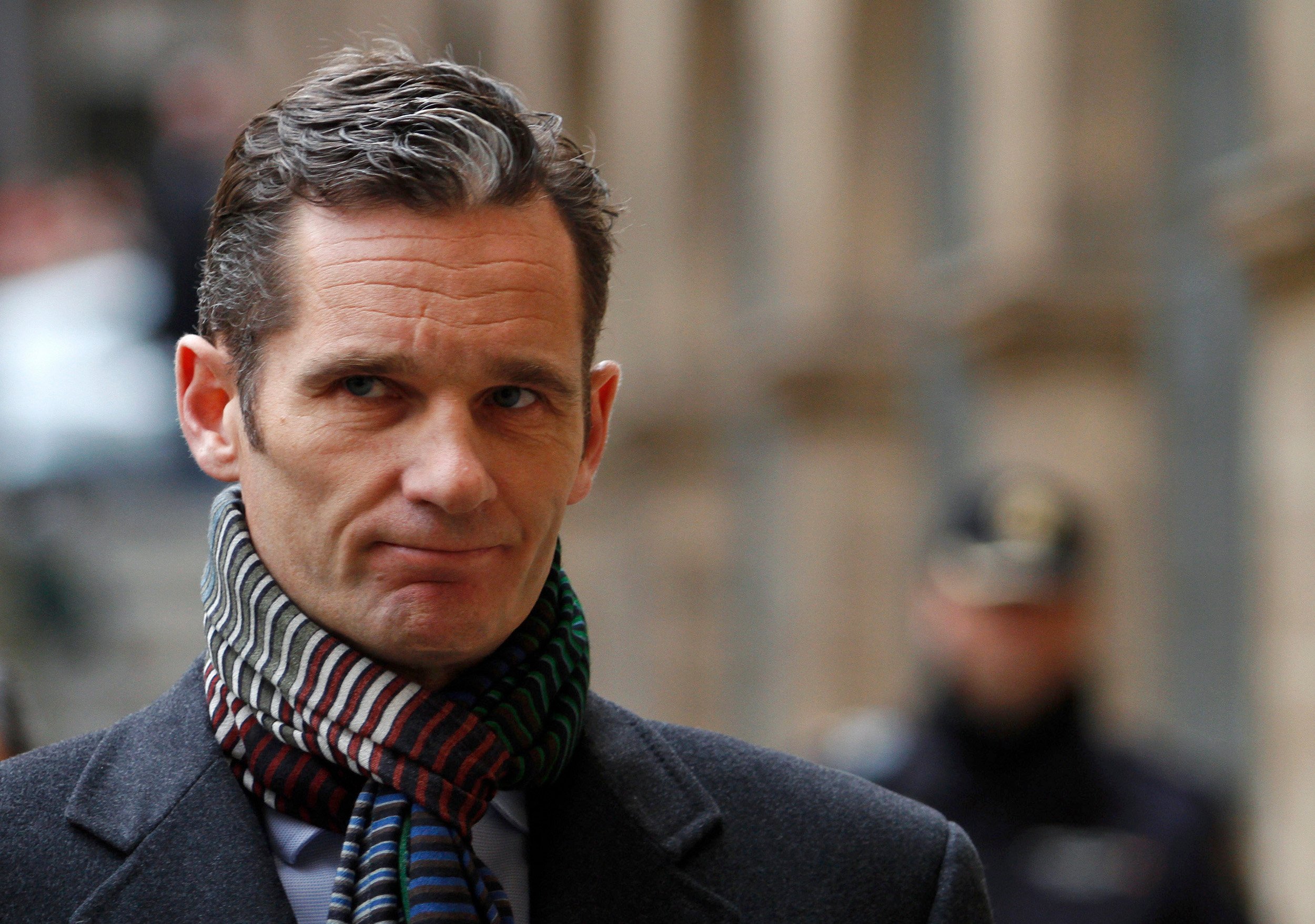The defence council for Iñaki Urdangarin, husband of the Infanta Cristina, sister to Spanish king Felipe VI and sixth in line to the throne, has presented a new appeal to the Criminal Chamber of the Supreme Court asking for his prison sentence to be annulled. A court in the Balearic Islands had sentenced him to 6 years and 3 months in prison over the "Nóos case" corruption scandal. Among other arguments, they say that he was never involved in accounting, financial or fiscal matters relating to the Nóos Institute and that "you can't sue the elm tree for not giving pears".
They filed the appeal on 17th November in response to a request from the public prosecutor to increase the former duke's sentence to 10 years imprisonment for the actions he was convicted of alongside former associate Diego Torres relating to the non-profit Nóos Institute.
The defence has already asked for Urdangarin to be acquitted in their first appeal, revealed in August, arguing that he couldn't be assigned criminal intent in the affair as he doesn't have any knowledge of Administrative Law.
Now, Urdangarin is opposing the arguments given by the public prosecution arguing for a harsher sentence for embezzlement arguing that his activity wasn't an obstacle to the public service.
They also reject the total money the prosecution alleges was involved. Similarly, they deny that the former duke and his former partner Torres broke the legal requirements included in the contracts they signed with the Balearic Tourism Institute for the Balearic Islands Forum in 2005 and 2006, for which they charged 2 million euros (£1.8 million, $2.4 million at today's exchange rates).
The argue that the deals analysed in the case "should be categorised as global projects of strategic activities in the areas of tourism and sport", designed by Nóos to develop in the future, and that the choice of the sponsors to give publicity to sport on the islands was a matter for the public administration. It wasn't, therefore, a question of contracts for the management of public services, for which it shouldn't have been analysed by the court as such, they say.
In treating the deals, then, as "cooperation agreements", they don't have to meet the requirements contained in the Law for Contracts of the Public Administrations. As such, the defence argues they cannot be reproached for not following contractual law as claimed by the prosecution. For the same reason, they say they didn't violate the principles of advertising and competition.

